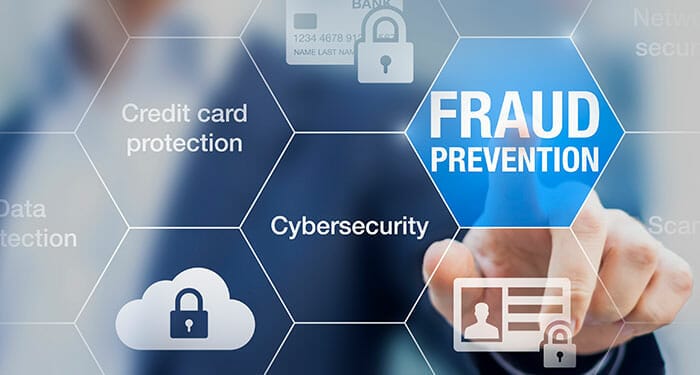The global pandemic has accelerated digital transformation worldwide, and businesses need to be prepared for new challenges. This is true of everything from a new approach to customer service to enterprise fraud management.
If you’re in the enterprise fraud management industry, this could be good news. MarketsandMarkets had to revise their estimate following the pandemic and now estimates the vertical to be worth $38B by 2025.
But if you’re a business that accepts online payments, you should be prepared. You’re going to have to spend a lot more time and effort controlling who gets to access your website and who doesn’t. We’re going to see an uptick in all kinds of attacks, regardless of which industry your business operates in.
Work From Home Schemes As Gateways to Fraud
Work from home schemes have always preyed on the desperate. The pool just got larger. Those stuck in lockdown, recently unemployed, or worried about money are a prime target. We already know that multi-level marketing (or pyramid schemes) targets people in this demographic, but now fraudsters are also taking advantage of the dire economic situation.
One point of entry into the world of fraud is to be hired as a money mule. Quite simply, fraudsters will pay you to use your bank account as a “drop”. We’re also seeing a proliferation of Rent-an-ID scheme, where you can get paid to submit a digital copy of your personal documents to shady online services.
This could be for transferring funds before purchasing anonymous cryptocurrencies, or used as a tool for money laundering. More commonly, however, it’s to transfer funds that have been acquired using stolen credit card information – which appears in huge data dumps you can purchase on the dark web.
Similarly, we’re seeing an increase in brazen attempts to purchase people’s IDs online. Organized fraudsters need real data to fool online credit checks, for instance, to apply for a loan which they will never pay back.
Fraudsters are Getting Brazen
While only organized criminal rings have the resources or manpower to perform attacks at scale, it’s surprising to see how much the fraud rates have spiked during the pandemic.
Anyone with a computer, an internet connection and bad intentions can browse fraudster forums and downloadable guides on carding (buying goods or services with someone else’s credit card) and ID fraud.
In fact, while these resources were once only available on the darknet for those with specialist tools, these days you’re only a few Google searches away from starting your criminal career.
More Sophisticated Attacks on the Rise
Seen from the angle of an online business, here are the main kinds of fraud you’re likely to experience in the coming years. We’ve already seen a spike in their rates, and we predict it’s about to grow exponentially.
- Account takeover fraud: also known as ATO attacks. Your user login details are valuable to fraudsters. They can access the accounts to mine them for personal information or drain them of funds.
- Multi accounting: this is what happens when one fraudster creates multiple accounts on your site. The end goal is to reap the benefits of affiliate or referral programmes. In the iGaming world, this is used to cheat casinos by controlling games with multiple players.
- Transaction fraud: the number one type of fraud with online businesses. Fraudsters simply purchase huge databases of stolen credit card details on the darknet and use them on your site. By the time the payment is contested by the actual card owner, you are the one who has to pay expensive chargeback fees to Visa or Mastercard.
Preparing Businesses with Enterprise Fraud Management Tools
Fraudsters and fraud fighters play a constant game of cat and mouse. But the good news is that there are now increasingly powerful tools available to businesses.
And while in the past only enterprise clients with huge risk management budgets could afford protection, we’re seeing real democratization of fraud-fighting tools on the market.
While the fight against fraud is never over, it’s certainly interesting to see how the pandemic has accelerated digital transformation. Both fraudsters and risk managers now have access to more sophisticated and affordable tools. Make sure your company has the right ones to defend itself.
